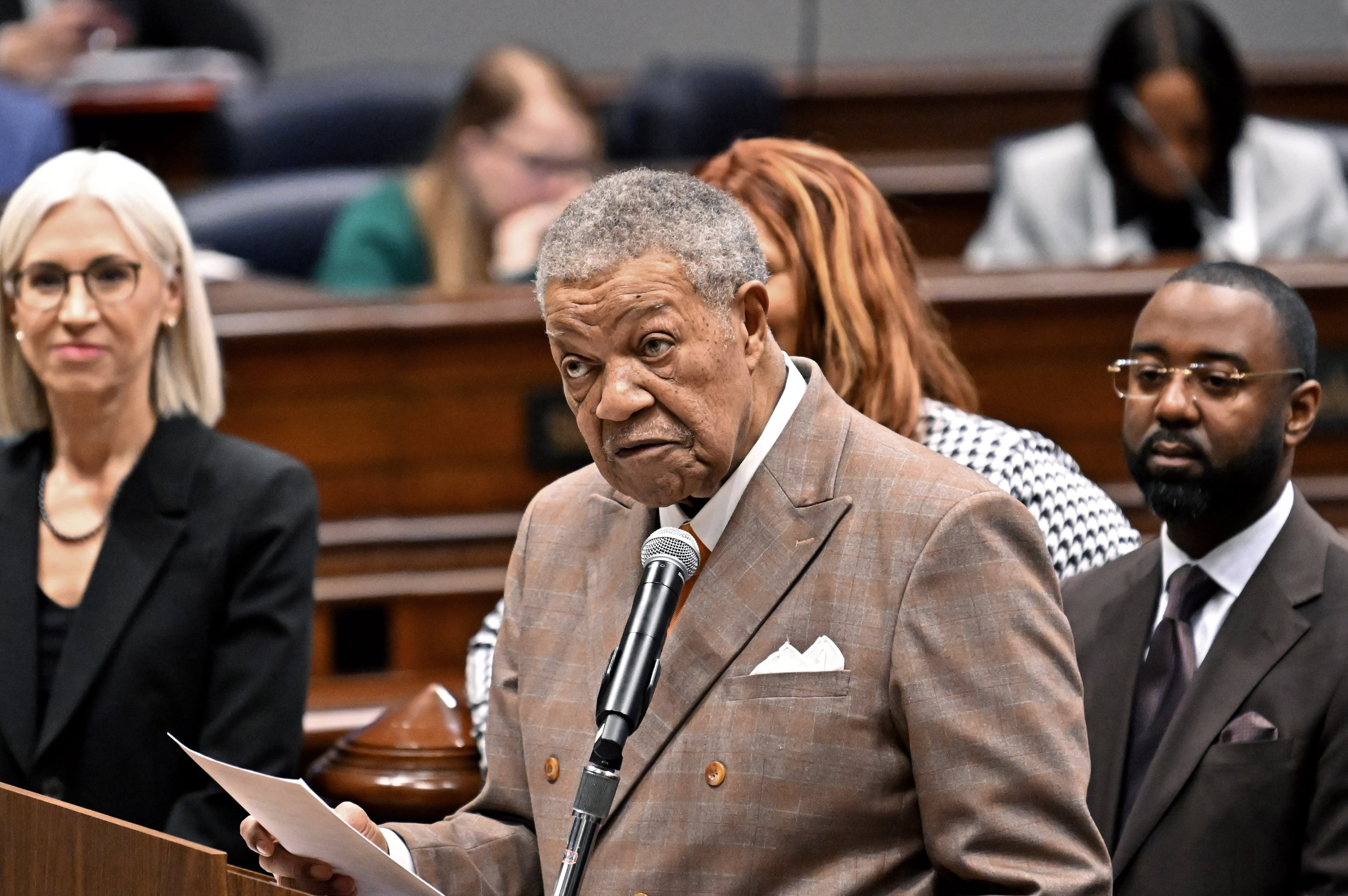Judge rules against Rep. Clyde in lawsuit over metal detector fines

The thousands of dollars in fines owed by Georgia U.S. Rep. Andrew Clyde for refusing to pass through metal detectors before entering the House chamber cannot be challenged in court, a federal judge has ruled.
Clyde and two other House Republicans, U.S. Reps. Louie Gohmert of Texas and Lloyd Smucker of Pennsylvania, filed their lawsuit in June 2021 challenging the constitutionality of the fines they faced for skirting new security procedures implemented after the Jan. 6, 2021, riot at the U.S. Capitol.
House Speaker Nancy Pelosi installed the devices outside every entrance to the House gallery in response to Democratic members who called for extra layers of safety in the aftermath of the deadly assault.
Using their majority, Democrats signed off on new rules that called for members to be docked $5,000 the first time they refused a scan or walked around a metal detector and $10,000 on the second offense. About a month after the attack, Clyde and Gohmert were the first to be cited under that new policy.
District of Columbia District Judge Timothy Kelly ruled Monday that the fines were allowed because the House has wide freedom to set its own rules without questioning under the “speech or debate clause” in the U.S. Constitution. Kelly was appointed to the court by then-President Donald Trump.
“The Clause bars the members’ claims, so the court will grant the motion and dismiss the case for lack of subject matter jurisdiction,” his opinion said.
Clyde did not have any immediate public reaction to the ruling. But the judge’s decision aligns with the outcome of a similar lawsuit filed by Georgia U.S. Rep. Marjorie Taylor Greene and others challenging fines they received after violating masking requirements on the House floor during the height of the coronavirus pandemic.
A different district judge tossed out Greene’s lawsuit in March under the same “speech or debate” grounds. She and her co-plaintiffs have filed an appeal that is pending.
While the House’s masking requirements have since been lifted, the metal detectors are still in use any time members are on the floor for votes.



